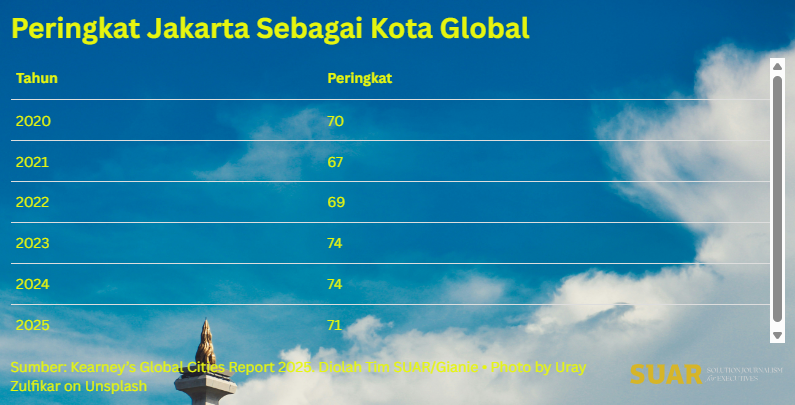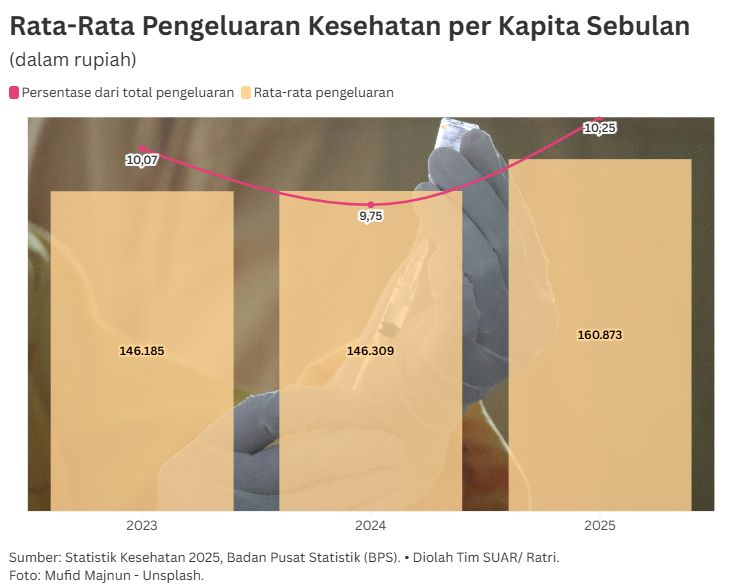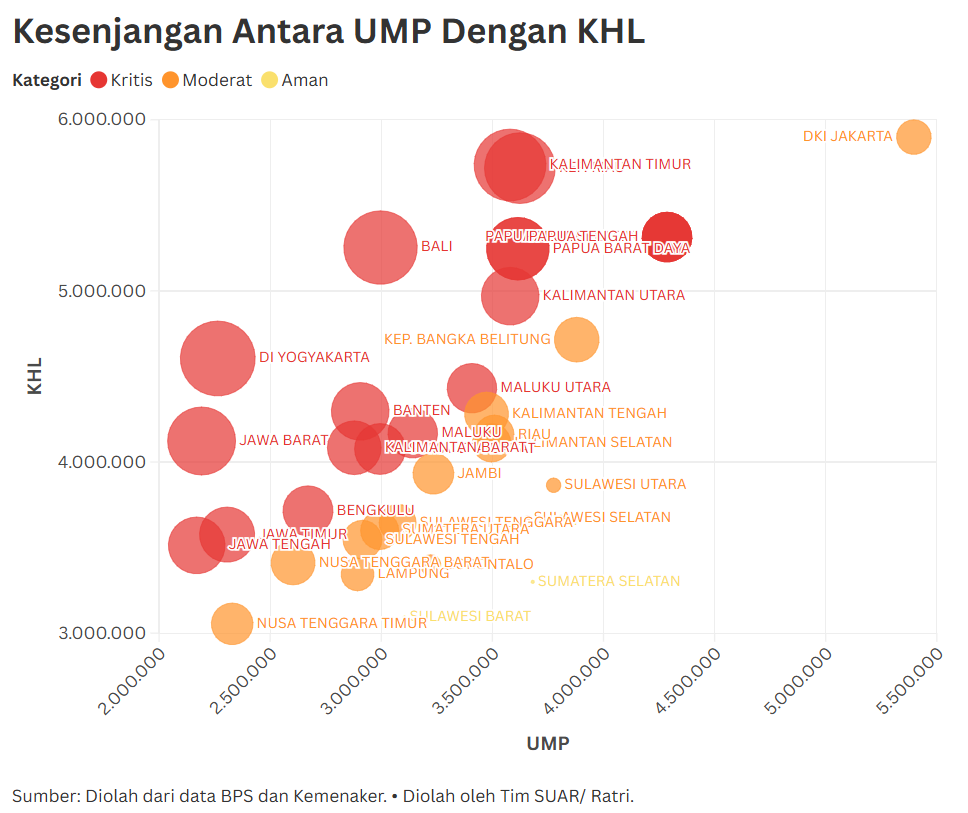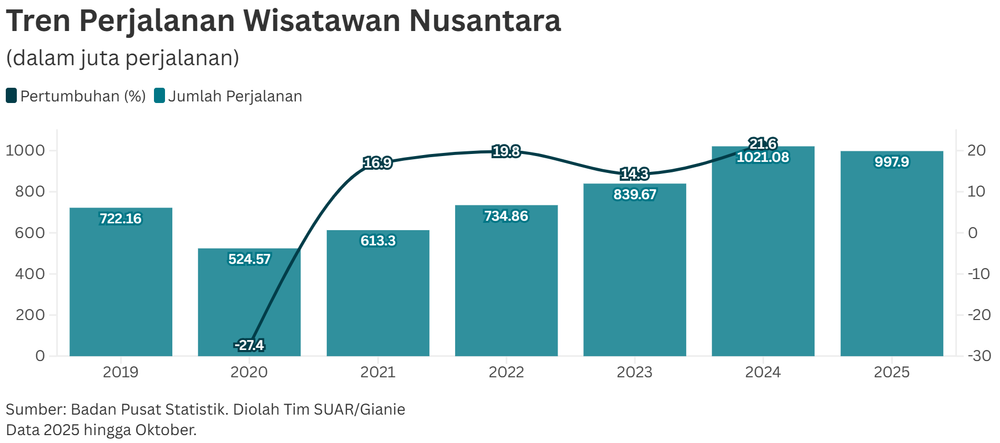After being led by a new governor this year, Jakarta, at the age of 498, wants to establish itself as a "Global and Cultural City." Optimism in carrying the title of a global city is in line with a fairly long historical journey and the spirit to innovate and collaborate between the government and city residents in facing various changes.
A global city is a city that is always an attraction for the world economy. A global city has a high level of connectivity and influence globally.
The results of the 2025 Global Cities Index (Global Cities Index/GCI) measurement conducted by Kearney Foresight reveal a sustainable and transformative city landscape. New York, London, Paris, Tokyo, and Singapore maintained their top five positions like last year's GCI. These five cities underscore the resilience of well-established global cities. Jakarta is ranked 71st, up 3 places compared to last year.
The 2025 Global Cities Index evaluates the global connectivity and character of 158 of the world's leading cities based on five dimensions: business activity, human capital, information exchange, cultural experience, and political engagement. There are 31 indicators that capture the dynamics and reach of urban centers. It also measures a city's ability to attract, retain, and generate the movement of global people, capital, and ideas.
Among ASEAN countries, Jakarta's position is still far below Singapore (ranked 5th), Bangkok (33rd), and Kuala Lumpur (55th). Singapore is an example of a city in Asia that has made great leaps, especially in the dimension of human resources. In addition to building infrastructure, the Kearney report mentions that Singapore continues to position itself as a leading international education center by advancing lifelong learning systems and global talent partnerships.
Singapore is also actively developing the concept of a smart city and spreading it to other Southeast Asian countries. Singapore also continues to innovate, such as in health service financing and housing renovation. Singapore demonstrates a strong commitment to inclusive growth and intergenerational cohesion.
In addition, Singapore's proactive approach in improving digital infrastructure positions it as a model of urban development that is ready to face the future in an era of rapid global change.
In addition to assessing a city's performance at the present time through the Global Cities Index, the Kearney report also projects the potential performance of cities in the future through the Global Cities Outlook (GCO). Based on the GCO results, the winning cities in the Age of Artificial Intelligence (AI) are cities that can sharpen their competitive advantages by integrating AI as an accelerator in all fields, both in financial services, logistics, culture, and technology.
Success depends greatly on how city leaders align infrastructure, environment, and human resources. Including how the city's human resources can harness the potential of AI while reducing its negative impacts.





